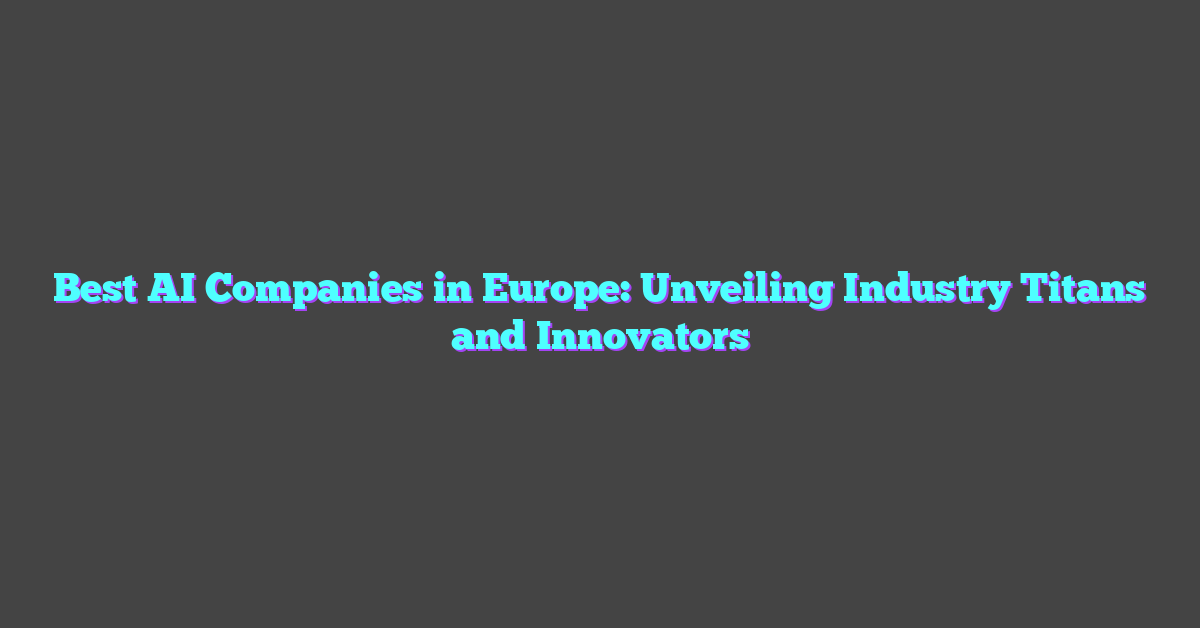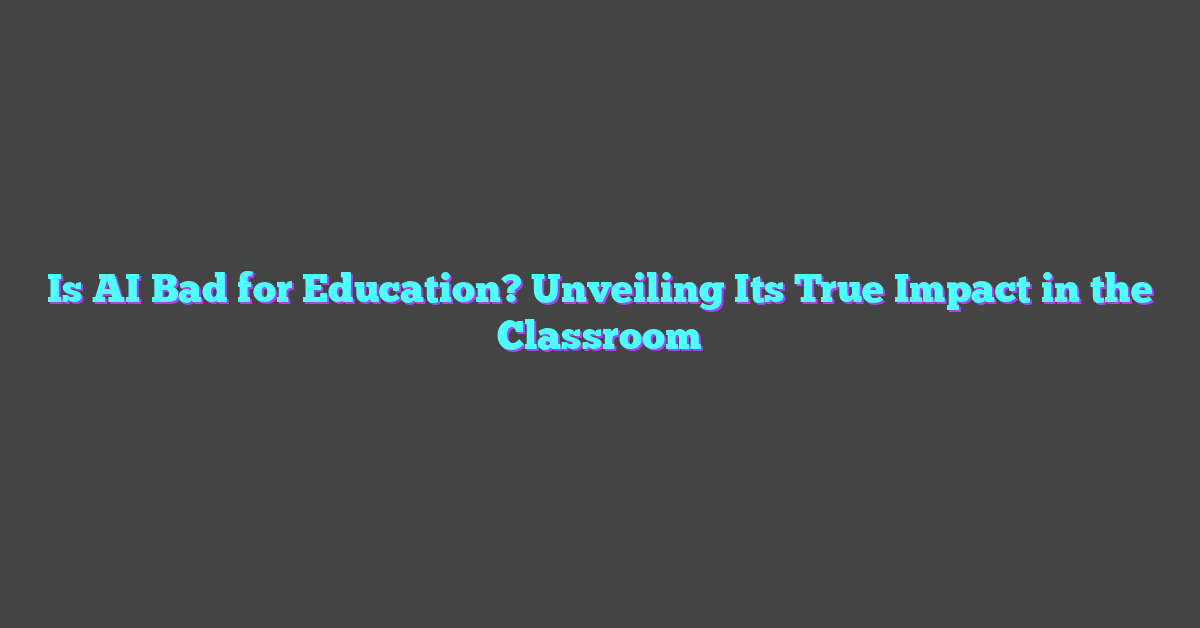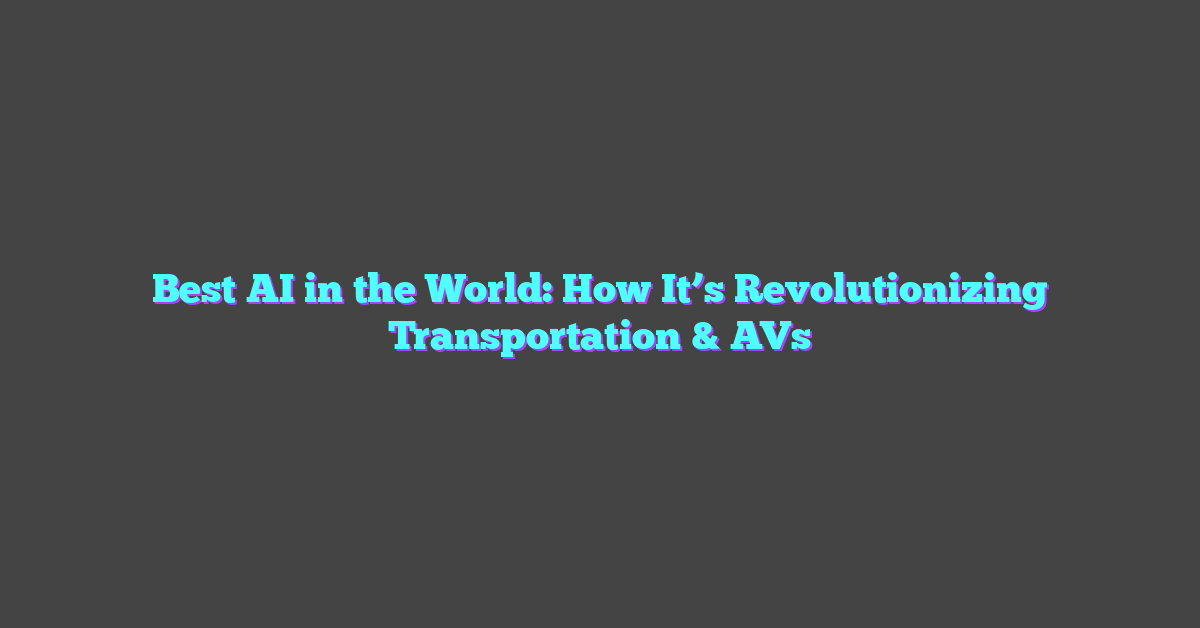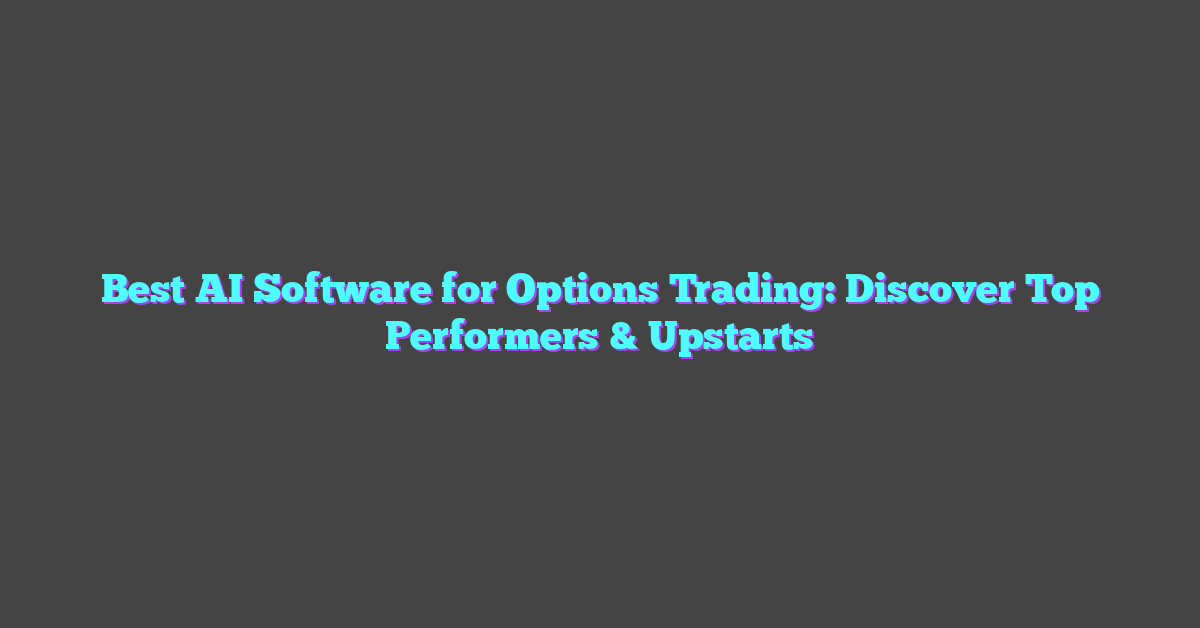In a world where artificial intelligence is rapidly transforming industries, many people worry about job security. While AI can handle repetitive tasks with ease, some professions remain resilient to automation. These roles often require human creativity, empathy, and complex decision-making skills that machines can’t replicate.
Jobs in fields like healthcare, education, and the arts continue to thrive despite technological advancements. Professionals in these areas rely on uniquely human traits to solve problems and connect with others. So if you’re looking to future-proof your career, consider exploring paths where AI’s reach is limited.
Understanding AI-Proof Jobs
AI continues to revolutionize industries, yet certain roles remain resilient against automation. These jobs leverage human creativity, empathy, and nuanced decision-making.

What Makes a Job AI-Proof?
Jobs utilizing complex human traits prove difficult to automate. Here are key factors:
- Creativity: Roles involving original ideas, such as artists or writers, benefit from human innovation.
- Emotional Intelligence: Careers necessitating emotional interaction, like therapists or counselors, rely on empathy.
- Complex Decision-Making: Professions requiring intricate judgments, including surgeons or strategists, depend on expert knowledge and experience.
- Adaptability: Jobs needing flexibility and rapid response to change, such as emergency responders, thrive on human adaptability.
- Human Interaction: Roles focusing on interpersonal connections, like educators or nurses, excel in scenarios where communication and personal engagement are crucial.
Jobs Least Likely to Be Automatized
Several professions exemplify AI-proof roles:
- Healthcare Professionals: Doctors, nurses, and therapists require a blend of compassion, expertise, and complex decision-making.
- Educators: Teachers and professors inspire, guide, and directly interact with students, fostering an adaptive learning environment.
- Creative Professionals: Writers, artists, and musicians produce original works reflecting human emotions and cultural context.
- Social Workers: They offer personalized support and advocacy, addressing intricate individual needs.
- Skilled Trades: Electricians, plumbers, and carpenters apply dexterity, problem-solving, and hands-on skills that automation struggles to match.
These fields underscore the enduring value of uniquely human abilities in an increasingly automated world.
Top AI-Proof Job Sectors
Pivoting toward sectors less susceptible to AI replacement, focusing on fields that emphasize uniquely human skills can ensure career longevity. Here are top sectors unlikely to see AI dominance.
Healthcare Careers
Healthcare demands high emotional intelligence and human discretion, making it resistant to automation. Professionals like doctors, nurses, therapists, and surgeons engage in patient diagnostics, surgical interventions, and personalized care. Their work requires empathy and nuanced decision-making, which current AI cannot replicate.
Skilled Trades and Construction
Skilled trades need hands-on expertise and adaptive problem-solving, areas where AI struggles. Electricians, plumbers, and carpenters often work in environments with unpredictable variables. Their tasks include diagnosing issues, making repairs, and ensuring safety standards—skills machines cannot easily emulate. Construction roles also require physical dexterity and on-the-spot adaptability that resist automation.
Professional Services and Complex Decision-Making
Roles necessitating nuanced judgment and comprehensive expertise, like legal professionals, financial advisors, and management consultants, remain AI-proof. Lawyers interpret laws and represent clients, while financial advisors provide tailored investment strategies. Management consultants analyze business processes and offer strategic advice. These professions necessitate understanding complex human behaviors and making decisions in dynamic scenarios beyond AI’s current capacity.
Characteristics of AI-Proof Jobs
AI-proof jobs possess distinct traits that make them resistant to automation. Essential characteristics include roles requiring human empathy, high creativity, and continuous adaptation.
Requirement for Human Empathy
Jobs that demand empathy are resistant to AI. Professions like healthcare, social work, and therapy necessitate understanding and responding to human emotions. These roles require nuanced emotional intelligence that machines can’t replicate. In healthcare, for example, nurses and doctors rely on empathy to provide patient-centered care.
High Degree of Creativity Needed
Creativity remains a significant barrier to AI. Roles in art, design, and original content creation demand innovative thinking and subjective judgment. Creative professionals like writers, artists, and designers leverage human imagination to produce unique, compelling work. Creativity involves spontaneous and novel idea generation, a trait AI struggles to emulate.
Continuous Adaptation and Learning
AI-proof jobs require continuous learning and adaptability. Positions in technology, education, and scientific research involve staying abreast of new developments and adjusting strategies accordingly. Educators and researchers, for instance, must continually update their knowledge to remain relevant. Adaptability ensures that professionals can navigate complex, evolving environments that AI can’t predict or manage efficiently.
How to Prepare for an AI-Proof Career
Preparing for an AI-proof career involves leveraging human creativity, empathy, and continuous learning. It focuses on developing skills that are challenging to replicate through automation.
Developing Soft Skills
Soft skills, including emotional intelligence and effective communication, are essential in AI-proof careers. Jobs in healthcare, education, and counseling, for example, require human empathy and interpersonal skills. Developing these skills can include:
- Active Listening: Listen attentively, show empathy, and understand others’ perspectives to build strong relationships.
- Adaptability: Embrace change and be open to new ideas to stay relevant.
- Team Collaboration: Work well with diverse groups, facilitate collaboration, and manage conflicts effectively.
Emphasizing Lifelong Learning
Continuous learning remains crucial to stay ahead in an AI-driven world. Industries like technology and education require ongoing skill development. Strategies for lifelong learning include:
- Online Courses: Enroll in platforms like Coursera or edX for specialized courses.
- Certifications: Obtain certifications in emerging fields such as data science or cybersecurity.
- Industry Conferences: Attend conferences and workshops to network and learn about new trends.
Understanding AI Integration in Various Fields
Recognizing how AI integrates into different industries helps tailor one’s career path. It can also open opportunities for collaboration between humans and AI. Key areas to focus on include:
- Healthcare: AI aids in diagnostics, but human doctors remain crucial for patient care and ethical decisions.
- Art and Design: AI tools assist with creation, yet human creativity guides the artistic process.
- Education: AI technologies enhance learning experiences, but teachers’ roles in guiding and mentoring students persist.
By developing soft skills, embracing lifelong learning, and understanding AI integration, individuals can future-proof their careers in an evolving job market.
Conclusion
Choosing a career that emphasizes human creativity, empathy, and complex decision-making skills is more important than ever. By focusing on developing soft skills like emotional intelligence and effective communication, individuals can better prepare for an AI-proof future. Lifelong learning through online courses and certifications ensures that they stay ahead of technological advancements. Understanding how AI integrates into various industries helps them adapt and thrive in an evolving job market. Embracing these strategies will not only future-proof their careers but also lead to fulfilling and resilient professional lives.
Frequently Asked Questions
What are AI-proof jobs?
AI-proof jobs are roles requiring uniquely human skills such as empathy, creativity, and complex decision-making. These jobs are less likely to be replaced by automation and include careers in healthcare, therapy, art, design, technology, and education.
How can I prepare for an AI-proof career?
To prepare for an AI-proof career, focus on developing soft skills like emotional intelligence and effective communication. Engage in lifelong learning through online courses and certifications, and stay updated on how AI integrates into various industries.
Why is human empathy crucial in AI-proof jobs?
Human empathy is crucial in roles needing personal interaction and care, like healthcare and therapy. These jobs require understanding and responding to individual needs, which AI cannot replicate.
What is the role of creativity in AI-proof careers?
Creativity plays a significant role in AI-proof careers, particularly in art and design. High creativity involves original thinking and innovation, aspects where human capabilities surpass artificial intelligence.
How important is continuous adaptation in technology-related careers?
Continuous adaptation is vital in technology-related careers. The tech landscape is rapidly evolving, and staying updated with the latest advancements and learning new skills is essential to remain relevant and competitive.
What soft skills should I develop for an AI-proof career?
Developing soft skills like emotional intelligence, effective communication, critical thinking, and adaptability is crucial. These skills enhance personal and professional growth and are essential in AI-proof careers.
How can lifelong learning benefit my career prospects?
Lifelong learning keeps your skills and knowledge current, making you adaptable and competitive in the job market. Engaging in online courses and certifications helps you stay ahead in your industry and prepares you for future challenges.
How does AI integrate into various industries like healthcare, art, and education?
AI integration varies by industry, enhancing efficiency and decision-making. In healthcare, AI assists in diagnostics, in art, it aids in generating creative ideas, and in education, it personalizes learning experiences. However, human skills remain irreplaceable in these fields.




